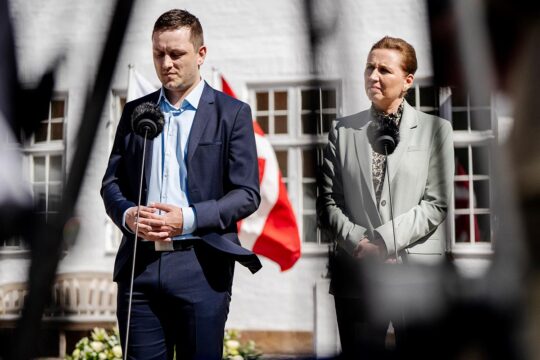The judges found that Lubanga played an active role in recruiting for the FPLC, the armed wing of the Union des patriotes congolais (UPC) of which he was president at the time. According to the judgment, children under 15 were not specifically targeted for recruitment, but Lubanga needed soldiers and their age didn’t matter. “Criteria such as the size of the children and their ability to hold a weapon and to participate in training were significant factors in determining whether or not they were recruited, regardless of their ages”, says the 600-page judgment.
Some of the children were reported to have volunteered, but the judges ruled that “a child’s consent does not constitute a valid defence”. In so ruling, they took into consideration the testimony of expert witness Elisabeth Schauer, who told the court that “children cannot give informed consent when joining an armed group, because they have limited understanding of the consequences of their choices, they do not control or fully comprehend the structures and forces they are dealing with, and they have inadequate knowledge and understanding of the short and long-term consequences of their actions”.
As for the definition of “active participation of the children” in hostilities, the Chamber ruled that “those who participate actively in hostilities include a wide range of individuals, from those on the front line (who participate directly) through to the boys or girls who are involved in a myriad of roles that support the combatants. All of these activities, which cover either direct or indirect participation, have an underlying common feature: the child concerned is, at the very least, a potential target”.
In reaching their decision, the judges took into account international conventions and the judgments of the Special Court for Sierra Leone, which convicted several former combatants for using child soldiers. When the Special Court for Sierra Leone was set up in January 2002, it was also given the power to prosecute children aged 15 to 18 but not to give them jail sentences.
SM/ER/GF/JC © Hirondelle News Agency



